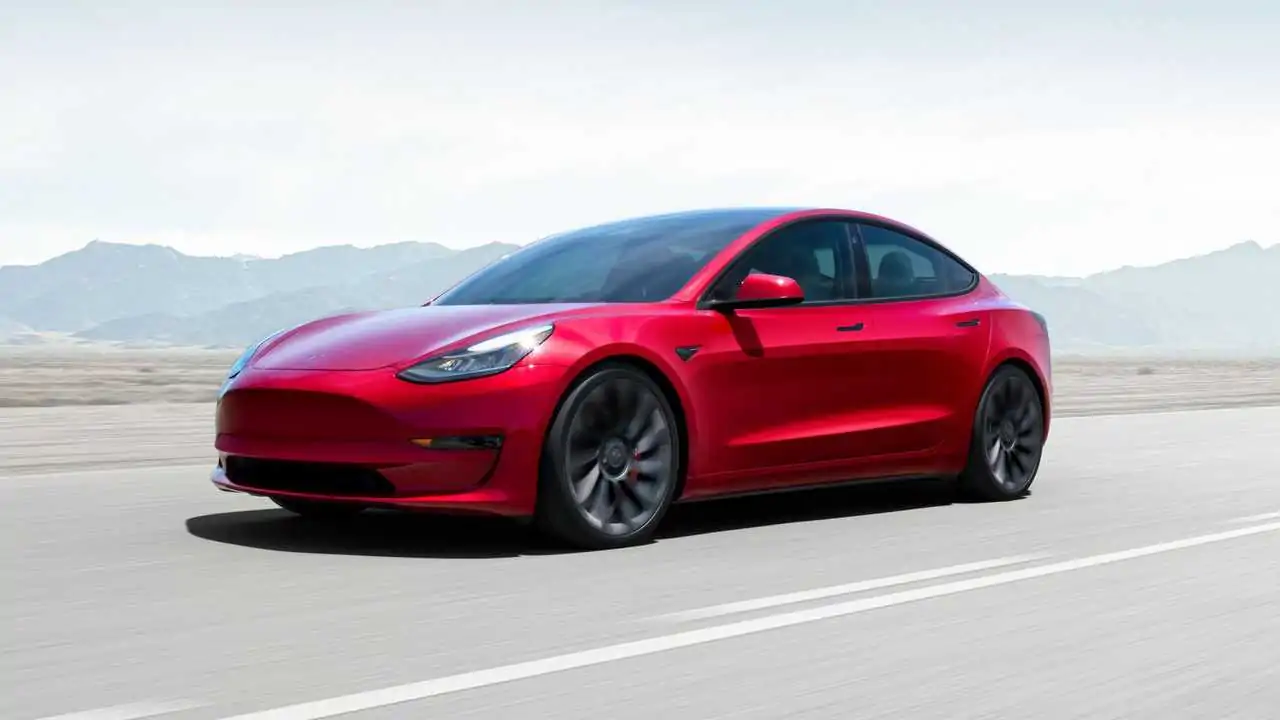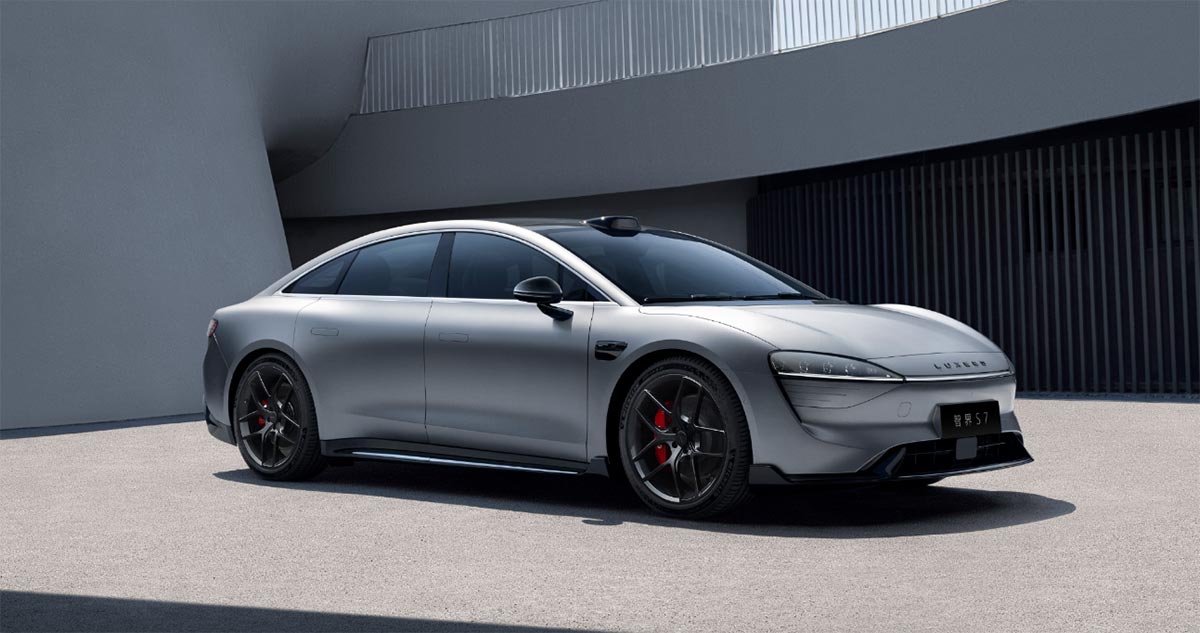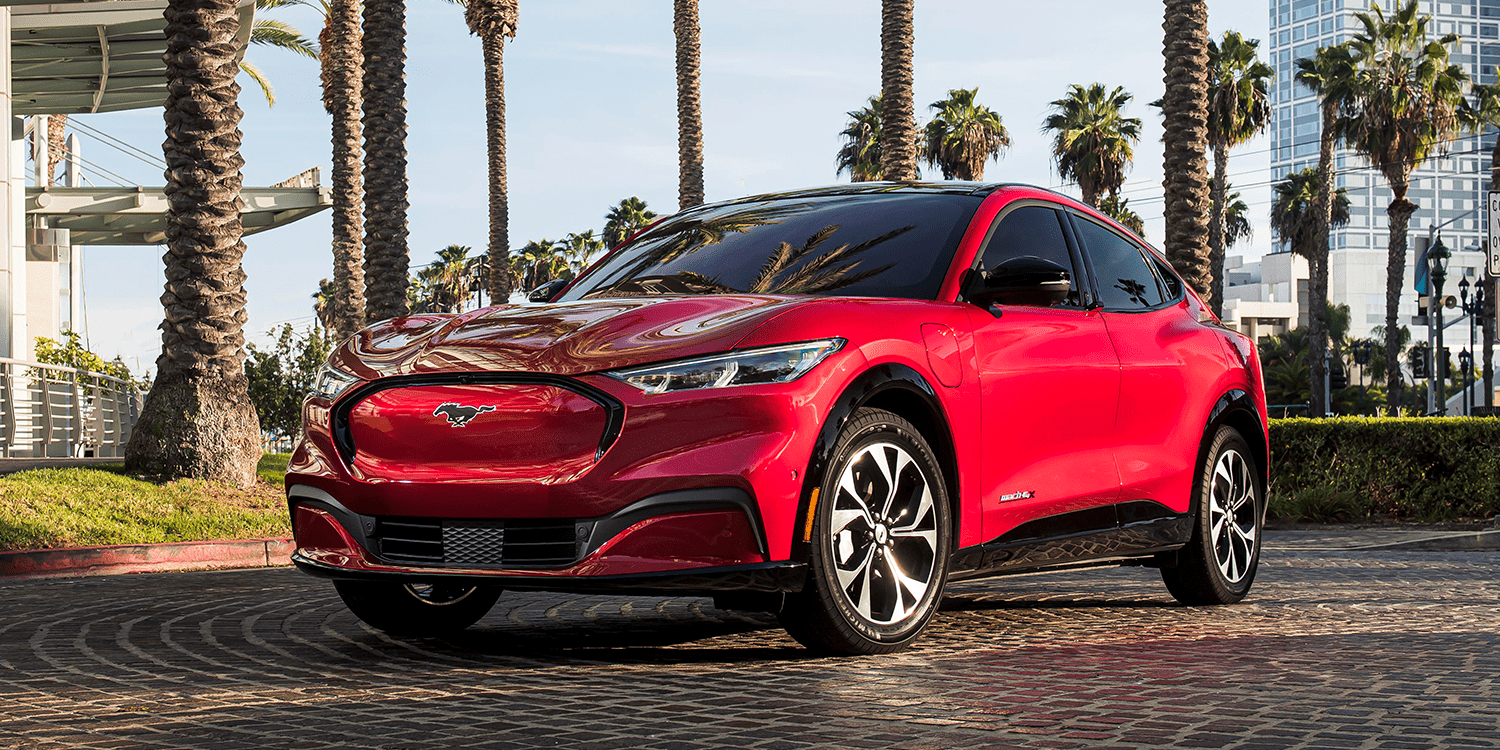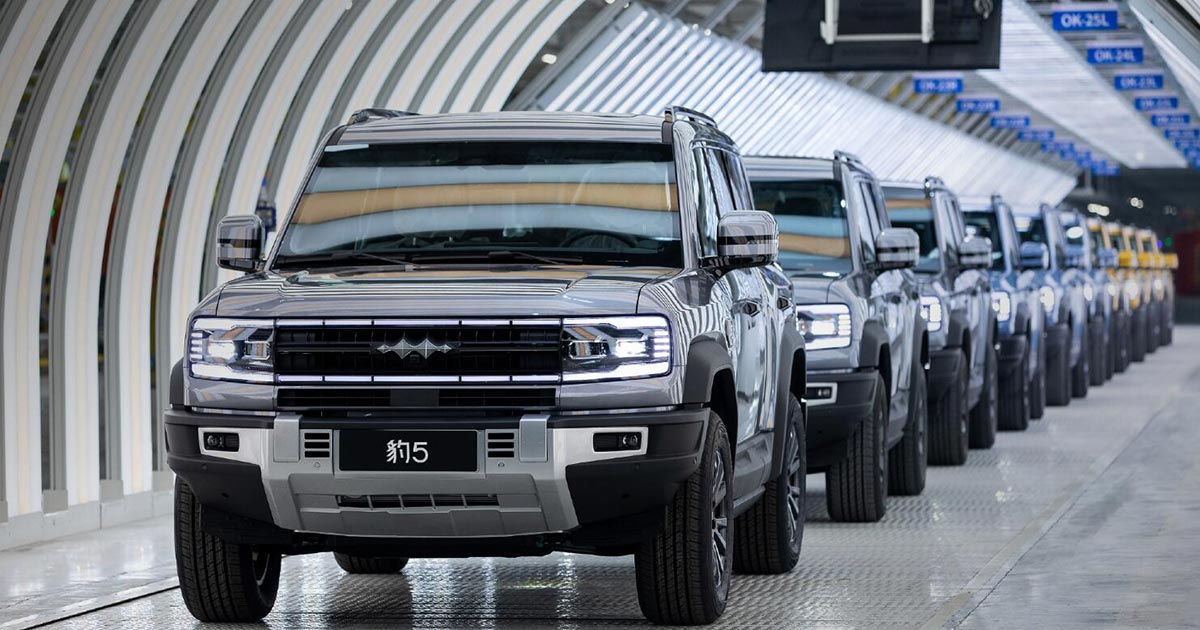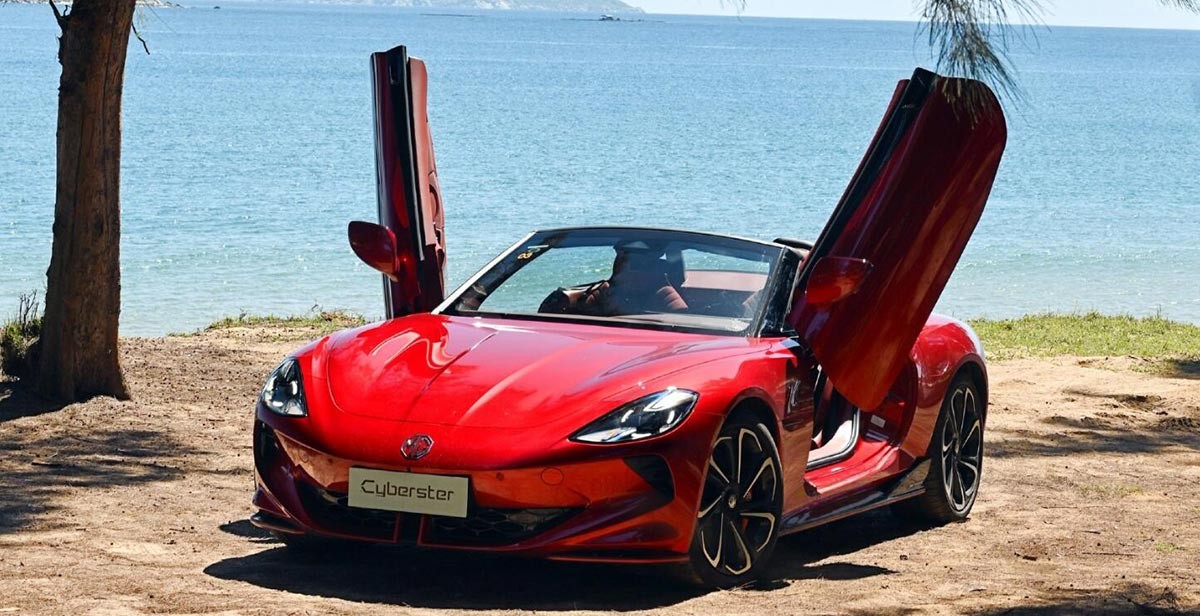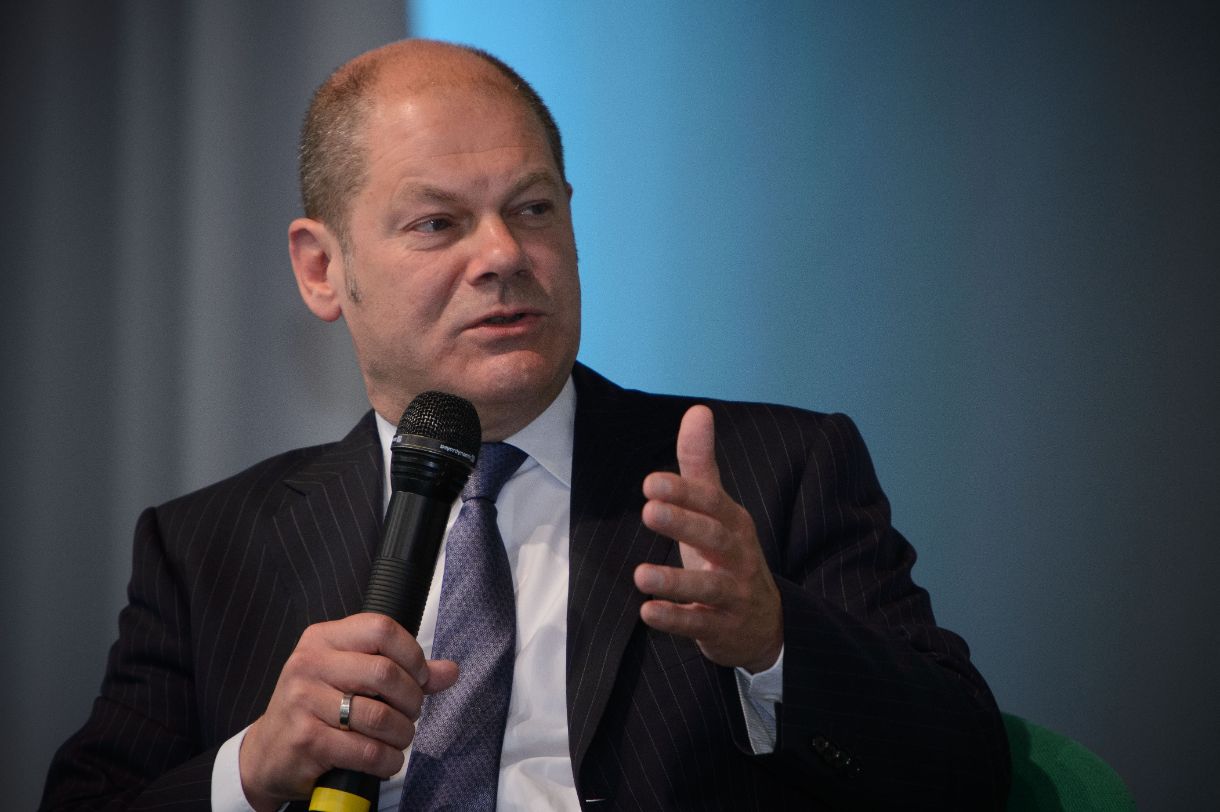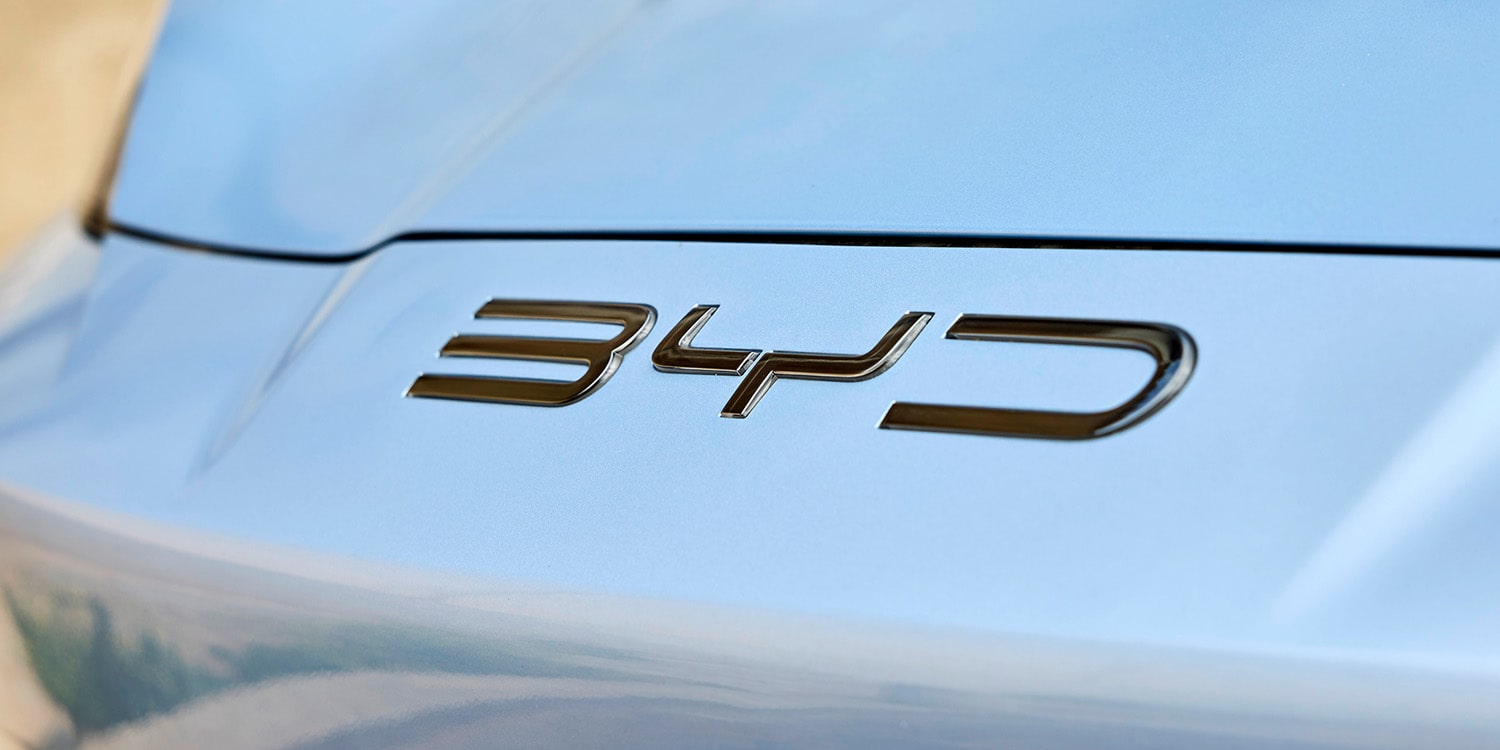European Union (EU) is launching an investigation into whether electric vehicles (EVs) manufactured by Chinese automakers benefit from unfair subsidies. This inquiry comes amid fears that China’s early lead in EV production may give its automakers a competitive edge over their European counterparts.
Valdis Dombrovskis, the EU’s executive vice president, emphasized that the investigation is not limited solely to vehicles produced by Chinese companies. He stated, “Strictly speaking, it’s not limited only to Chinese brand electric vehicles; it can also include other producers’ vehicles if they are receiving production-side subsidies.” This statement raises questions about the potential impact on nominally European vehicles that are manufactured in China.
One prominent example is Tesla, an American company that manufactures its Model 3 electric vehicles in Shanghai with several advantages granted by China, including the freedom to operate without a local joint venture partner, tax breaks, and access to cheap loans. These benefits have facilitated Tesla’s ability to export vehicles to markets like Europe.
Additionally, Geely, the owner of Volvo and Polestar, produces electric vehicles in China while considering itself a European brand. This complex landscape blurs the lines between the origin of the vehicles and the locations of their production. European automakers such as BMW and Renault also produce vehicles in China for sale in the European market, further complicating the matter.
The EU’s anti-subsidy investigation, announced earlier this month, reflects the region’s concern about China’s early dominance in the EV market, fueled in part by generous subsidies. As European automakers strive to develop their EV manufacturing capabilities, the EU is worried that China’s head start could pose a threat to local production sites.
China, on the other hand, closely monitors the EU’s investigation as it seeks to promote the interests of its own automakers. With the U.S. market largely inaccessible to China due to significant tariffs, Europe represents fertile ground for Chinese automakers to expand their sales. However, depending on the outcome of the EU’s investigation, the possibility of American-style tariffs could add to the already tense trade relations between the EU and China.
This investigation raises critical questions about the fairness of subsidies in the global EV industry and the potential consequences for both Chinese and European automakers. As the probe unfolds, it will undoubtedly have far-reaching implications for the future of the electric vehicle market on an international scale.

